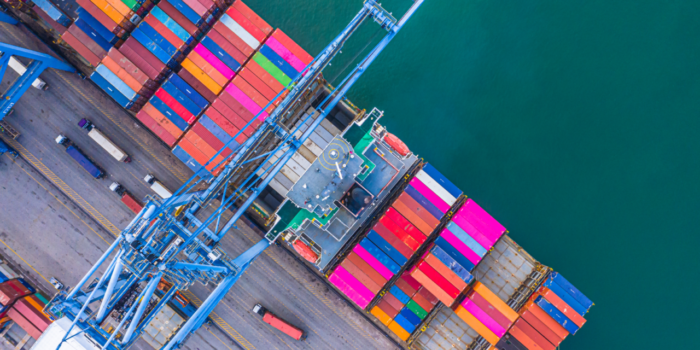New Orlean’s Governor John Bel Edwards announced an innovative agreement between the Port of New Orleans, Louisiana Economic Development, and The Water Institute of the Gulf that will support port activities.
This project aims to provide better protection of US ports against threats and disruptions. It also will streamline operations for the port, its tenants and transportation partners.
Disaster preparedness is a year-round responsibility and today’s agreement will help Louisiana be more prepared before a storm hits
FEMA Administrator Pete Gaynor said.
Ultimately, this work will greatly reduce financial and operational uncertainty related to downtime at berths where shoaling prohibits vessel access as well as predicting future dredging needs.
Part of the novelty of this forecasting tool is that it will use near real-time data provided by existing sensors aboard tugboats and other vessels that work in the port and surrounding area to provide information about Mississippi River sediment movement and deposition.
This crowd-sourced information from the tug fleet can be used in predictive models that will help the Port of New Orleans anticipate dredging needs so that they can continue to provide safe and economically optimal berthing for commercial vessels.
Because this methodology will depend on the existing vessel sensors, it is scalable to other riverine ports in Louisiana and beyond. The information can also be fed back to Louisiana’s Coastal Protection and Restoration Authority to improve Mississippi River sediment management.
LED Secretary Don Pierson stated on the occasion:
Beginning with New Orleans, we plan to make our ports safer and more efficient through a digitally connected infrastructure. Smart ports mean more efficient operations for all businesses, and they also provide security against virtual and physical threats
This effort will also support the creation of a “Smart Port” facility at The Water Campus in Baton Rouge, through collaboration with The Water Institute of the Gulf with the support from Louisiana Economic Development. This “Smart Port” facility will use artificial intelligence platforms to optimize the port’s performance. The “Smart Port” facility will allow for a redundancy of services, essential in an area prone to hurricanes and storms.
In addition, digitally connecting a community of container depots, road transporters, terminals, shipping lines, warehouses, and cargo owners, can deliver predictability and coordination across the supply chain. Although the initial effort will focus on the Port of New Orleans, it will provide a replicable model for other ports in Louisiana and beyond.






























































